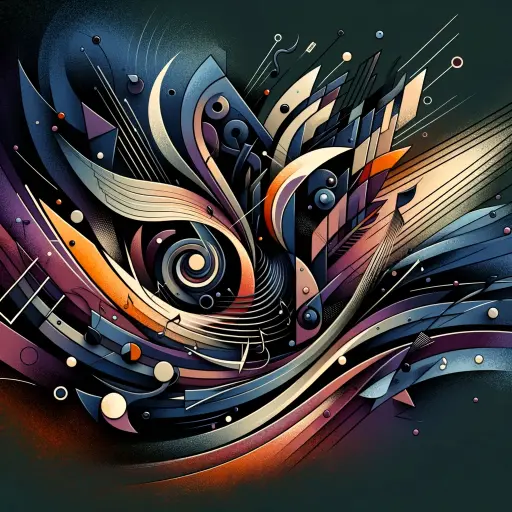
Japanese Classical Concerts
Japanese Classical music, also known as "Gagaku," has a rich history and is deeply rooted in Japanese culture. Originating in the 7th century, it is one of the oldest surviving classical music traditions in the world. Gagaku combines elements from both indigenous Japanese music and influences from China and Korea.
The key characteristic of Japanese Classical music lies in its unique instrumentation and structure. The ensemble typically consists of wind instruments such as hichiriki (a double-reed instrument), shō (a mouth organ), and ryūteki (a transverse flute), along with percussion instruments like drums and gongs. The melodies are often slow-paced and meditative, emphasizing subtle variations in pitch, rhythm, and tone color.
Over time, Japanese Classical music has evolved while remaining true to its traditional roots. During the Heian period (794-1185), Gagaku became an integral part of court rituals and ceremonies. It was performed exclusively for the imperial court by professional musicians who passed down their knowledge through generations.
One significant artist associated with Gagaku is Emperor Shōmu (701-756). He played a crucial role in popularizing this genre during his reign by establishing an official department dedicated to Gagaku performances at the imperial court. Emperor Shōmu's efforts helped preserve Gagaku's authenticity while allowing it to evolve within a structured framework.
In modern times, artists like Mayumi Miyata have made notable contributions to Japanese Classical music. Miyata is a renowned shō player who has collaborated with various contemporary composers to create new works that blend traditional techniques with innovative approaches.
Although primarily associated with Japan, Gagaku has had a significant impact on the global music scene. Its influence can be seen in various genres such as ambient, experimental, and even Western classical music. Many composers have drawn inspiration from its unique sound palette and incorporated elements of Gagaku into their compositions.
Listen
Concert Schedule
| Concert Date | Artist | Venue | City |
|---|

